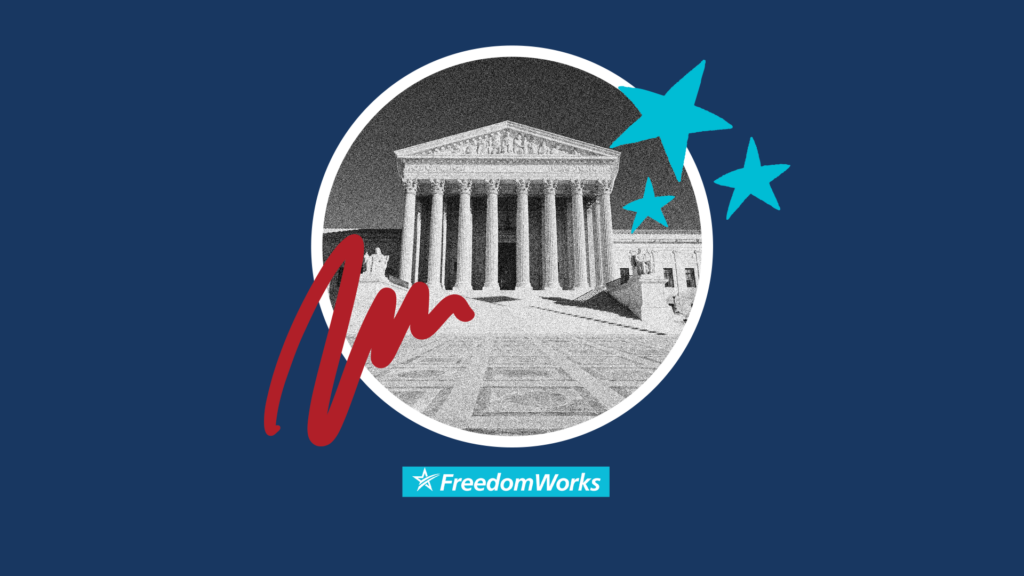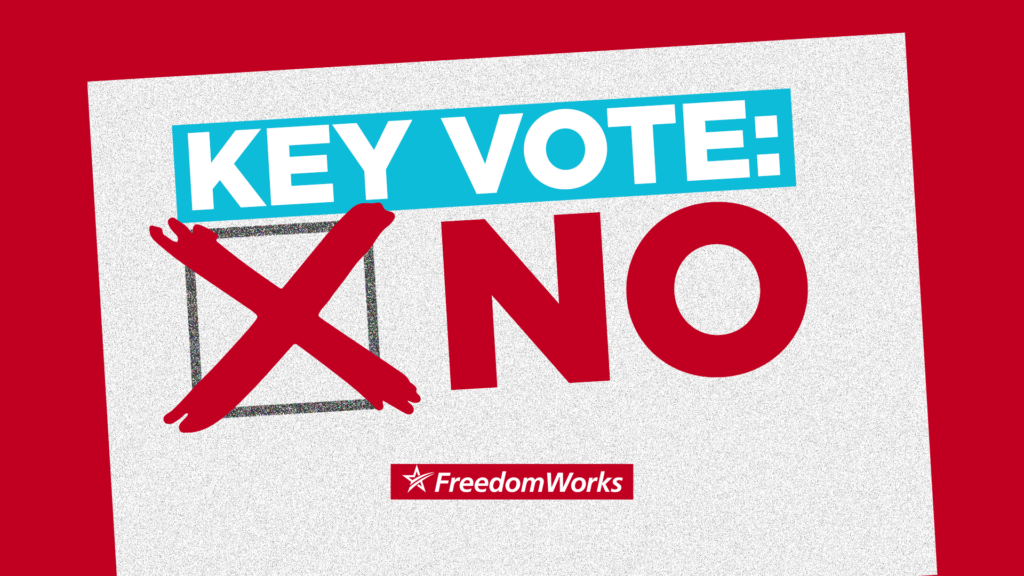ObamaCare and the Supreme Court Episode IV: A New Hope
The Supreme Court has now largely upheld ObamaCare, with a carve-out from the contraceptive mandate for closely held companies, the first three times the law has been challenged in the Court. Because of this, it is difficult to have much faith that the Court will ever overturn the law based on constitutional concerns. However, there is still another case working its way through the DC Circuit, Sissel v. HHS, challenging ObamaCare based on the Origination Clause.
The Origination Clause has become an issue because of Chief Justice Robert’s opinion in NFIB v. Sebelius. In that case, the first ObamaCare case before the Supreme Court, the majority of justices voted that Congress exceeded its authority under the Commerce Clause in passing the Affordable Care Act. Hooray!
Unfortunately, there was a rest of the story. Chief Justice Roberts saved the law by interpreting the penalty as a tax and thus the law was valid under the Taxing Clause of the Constitution. What this interpretation did was show that the law was a bill to raise revenue, which under the Constitution must originate in the House.
The bill that would become ObamaCare originated in the House as a bill dealing with housing for veterans. When it was sent to the Senate, the bill’s text and title was totally replaced with what would become ObamaCare.
This history of the bill sets up two questions in Sissel. First, was ObamaCare a bill to raise revenues? Second, if it was, did it originate in the House of Representatives, as required by the Constitution?
In an article in the Harvard Journal of Law & Public Policy, Robert Natelson takes a close look at the Origination Clause. He looks at British practice at the time of our founding and debate over the clause both at the Constitutional Convention and during the ratification process. He concludes with some implications that all this has for ObamaCare.
The debates showed that our framers wanted to keep the ability to raise revenue close to the people (in the House) but allow the Senate to make germane amendments. This would ensure that taxation was connected to representation and popular desires.
Natelson comes to the conclusion that the taxing portions of ObamaCare are legal/constitutional but the non-revenue provisions, regulating and appropriations, are not. He reaches this conclusion because he believes the framers envisioned all taxes as comprising a single subject. Thus, since the original House bill referencing veteran housing contained taxes, the ObamaCare taxes amended by the Senate were valid.
On the other hand, Natelson concludes that the non-revenue provisions were not germane to the original veteran housing bill, so the Senate exceeded its power to amend revenue bills.
If the Court eventually considers the Sissel case and reaches the same conclusion as Natelson, that will raise another important question. Whether valid sections can be severed from the invalid sections, or if the entire law would be invalidated?




